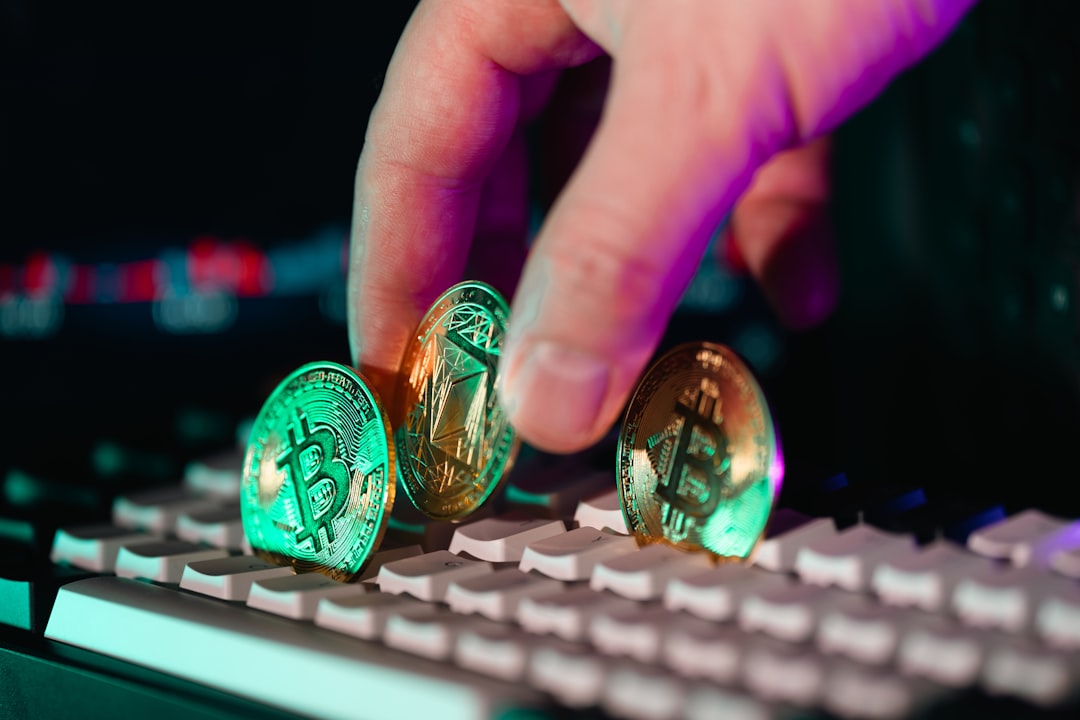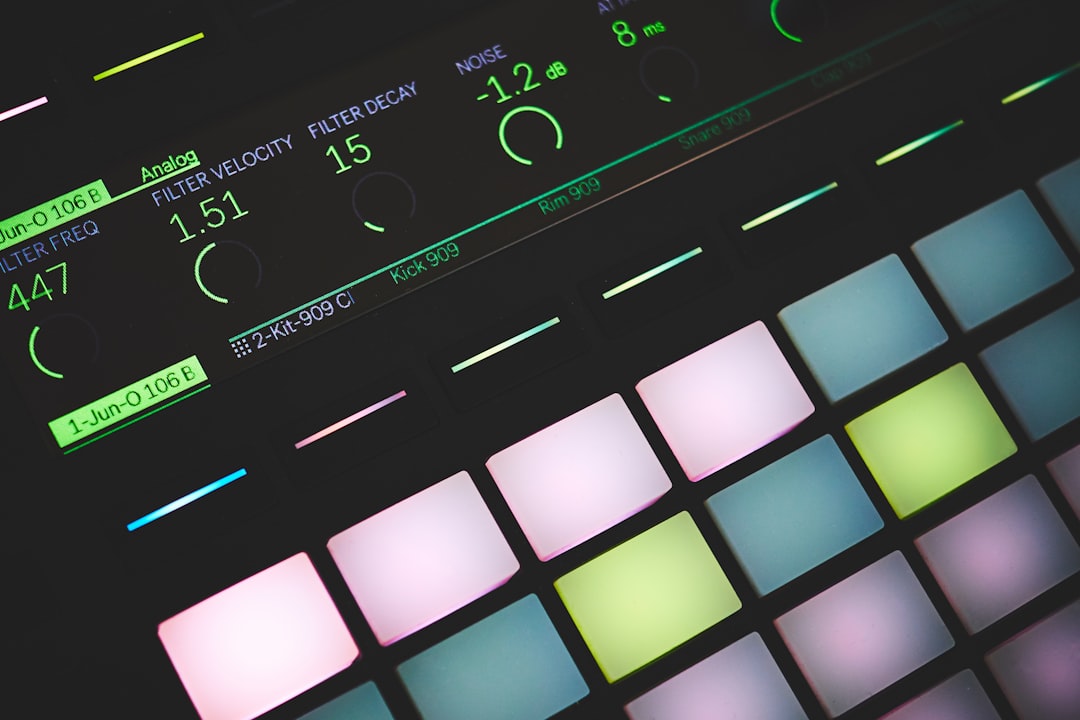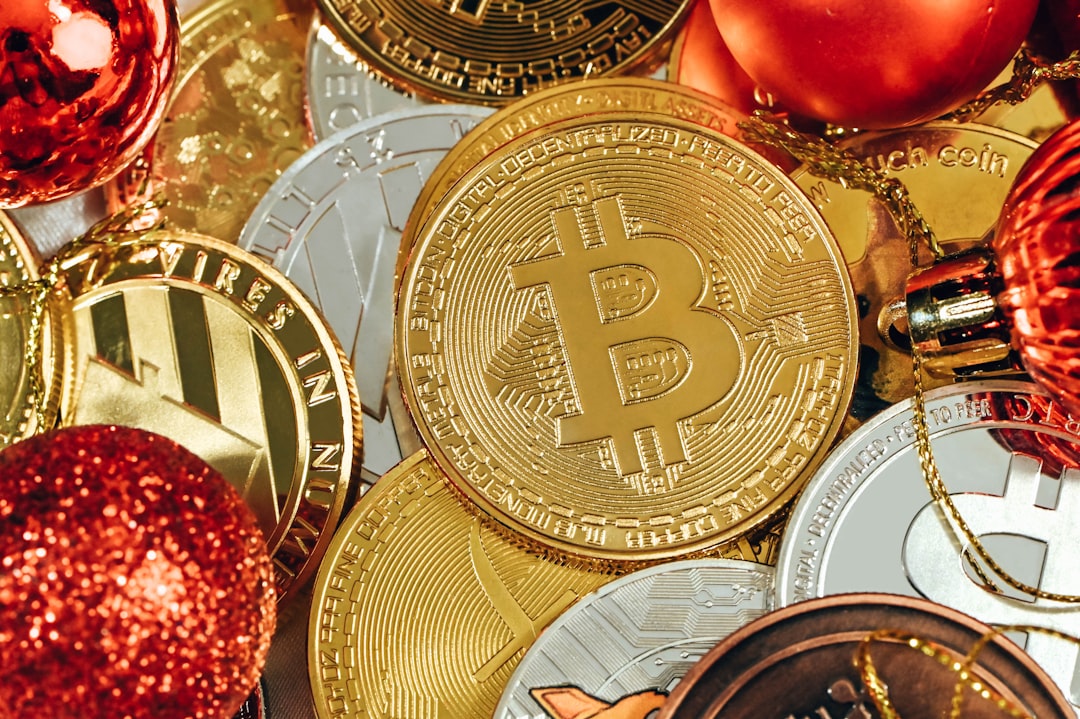
Mongkok USDT swap store forested mystery: an undercurrent of financial underground warfare
In the narrow streets of Mongkok, Hong Kong, a new type of financial ecosystem is growing wildly - more than 30 USDT exchange stores have sprung up like bamboo shoots, and these stores with the signboards of "digital currency exchange" have actually constructed a gray capital channel connecting the virtual and the real. A number of cross-border money laundering cases recently uncovered by the authorities coincidentally point to this emerging "cryptocurrency distribution center.
I. Seduction in an Extrajudicial Place: Carnival in a Regulatory Vacuum
According to a 2022 criminal judgment by the Lianhu District Court in Xi'an, two OTC traders were sentenced to prison for "assisting information network criminal activities" after receiving $50,000 in fraudulent funds to exchange for USDT. Such cases reveal a harsh reality:17 out of every 100 USDT transactions involve illegal money flows(Bitrace 2022 data). Mongkok Swap Shop is an important node for these "Black U" to enter the traditional financial system.
The operation mode of these stores is extremely covert: customers only need to provide the address of their cell phone wallets, and they can complete the exchange of millions of dollars in cash within 10 minutes. In a law enforcement action, the police found in a store account book shows that the amount of USDT exchange up to 20 million Hong Kong dollars in a single day, of which 63% funds flowed to the Southeast Asian account.
Second, the blood vessels of the casino economy
"The USDT exchange rate here is always 2% higher than the exchange," said Ajay, a former casino launderer in Cambodia. Bitrace monitoring data shows that in 2022, Southeast Asian online casinos laundered US$11.5 billion in USDT, with US$1.46 billion of that amount transiting through Hong Kong. The "KYC-free instant cash-out" service provided by Mongkok Swap Shop precisely meets the extreme demand of gamblers and bookmakers for liquidity.
Even more alarming is the chain of financial contamination: when casinos pay out USDT to winners, the "contaminated" digital currency flows back into regular exchanges via swap stores. 38% was involved in the Mongkok Swap Shop transaction records among the accounts that were thus frozen by a major exchange in 2022.
III. Technology-Enabled Crime Escalation
Unlike traditional underground money changers, these swap stores utilize sophisticated coin-mixing technology, and Bitrace tracking found that a single swap store address can be linked to more than 2,000 sub-purses in the TRON chain, forming a complex "octopus-style" network of funds. In a cross-border operation, it took three months for law enforcement to decipher the funding path of one of the swap stores, and it was eventually discovered that its service targets covered 12 types of criminal organizations, including wire fraud, Internet gambling, and underground money makers.
Even more alarming is the new trend of "smart contract money laundering": some money changers have begun to adopt automated exchange protocols, which can accurately match offline cash deliveries after the funds have made dozens of jumps in the chain. This "human-machine collaboration" model allows a single million-dollar money laundering operation to be completed within 45 minutes.
The Survival Game Behind the Card Freezing Wave
"Doing OTC now is like gambling on Russian roulette," said a veteran coin dealer. According to a Hunan Xiangtan court case, a trader was convicted of "concealing and hiding the proceeds of crime" after receiving $55,200 in gambling-related funds in his account. This legal risk is reshaping the ecology of the industry: Mongkok swap stores have begun to adopt a "fast in, fast out" strategy, with a single transaction of no more than HK$200,000, and with funds staying in place for less than 18 minutes.
But the cost of risk prevention is rising sharply. The 2023 operating account of a certain exchange store shows that of its average monthly expenses, 25% was spent on purchasing "Clean U" and 15% on paying "technical consultancy fees" to break through the exchange's risk control, and the real profit margin has been compressed to less than 6%.
V. Where is the path to breakthrough?
In the face of this cryptocurrency version of the "cat and mouse game", compliance may be the only way out. Industry insiders suggest a three-tiered defense:
- Transaction Traceability System: Establish a USDT source rating mechanism and implement dynamic flagging of high-risk addresses.
- Pool segregation: Manage customer funds according to risk levels to prevent contamination of funds.
- Intelligent Risk Control Model: Utilizing machine learning to identify unusual transaction patterns and achieve millisecond risk interception.
In this smoke-free financial war, the neon signs on the streets of Mongkok are still flashing. When the transparency of blockchain meets the greed of human nature, this game of money and law may have just reached its climax. The only certainty is that before the regulatory sword falls, every USDT in circulation is writing the most realistic financial fable of this era.
Disclaimer: The contents of this article are for informational purposes only and should not be construed as any form of promotion, investment advice, or invitation, solicitation or recommendation of any investment product.
The contents of this article have been reprinted.offensiveIf there is anything wrong, please contact us and we will remove it immediately, thank you.
Readers should make their own assessment and seek professional advice.





